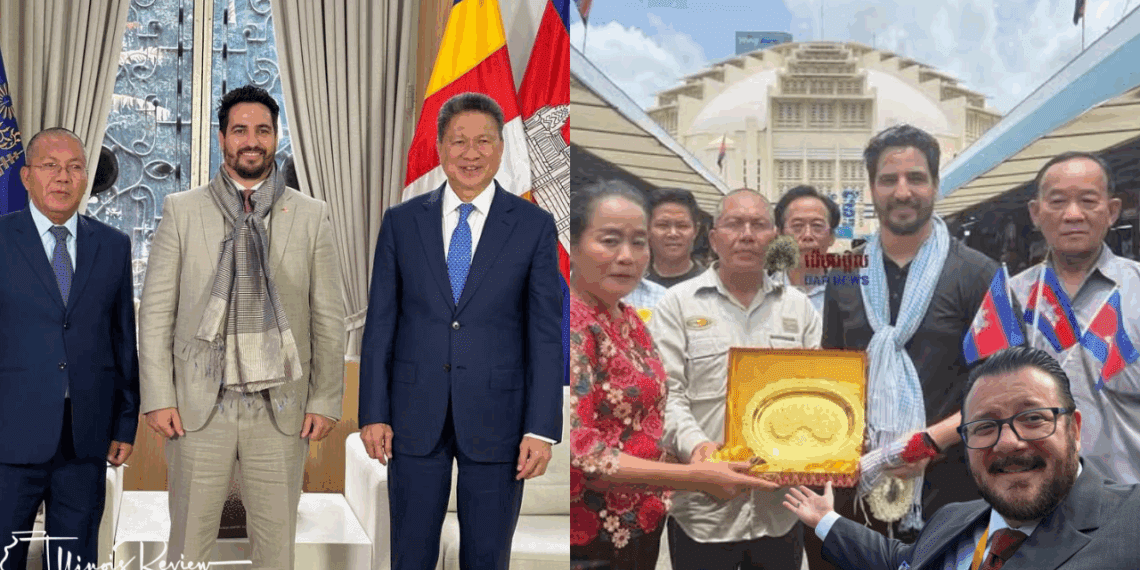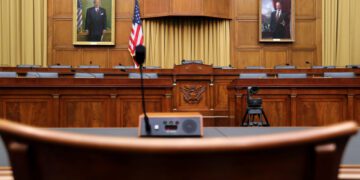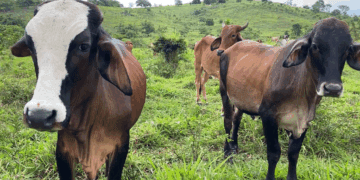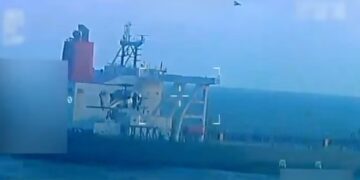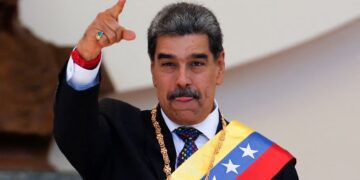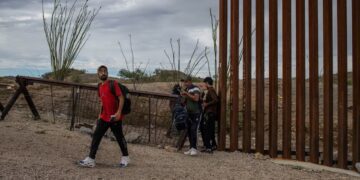Elgin, IL – History is unfolding in Southeast Asia, and the fingerprints of Illinois are all over it. What began as an interstate phone call and a decision to act has now grown into a diplomatic earthquake shaking two nations, reaching the desk of President Donald J. Trump, and sparking a global conversation about peace, sovereignty, and the power of reporting.
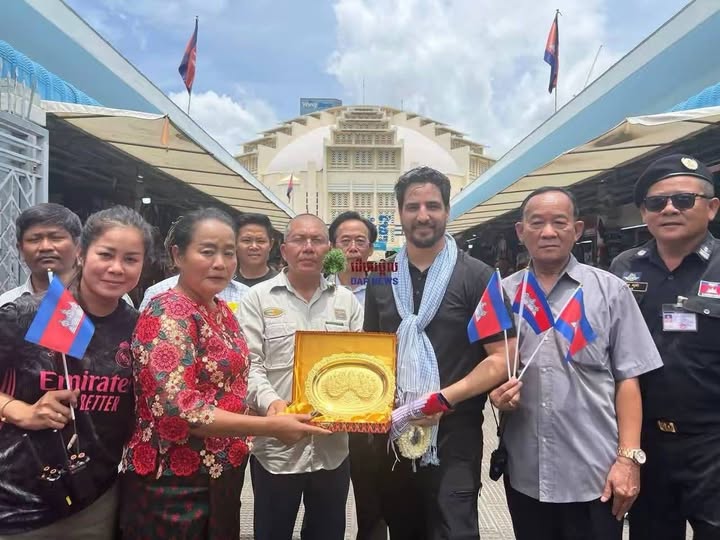
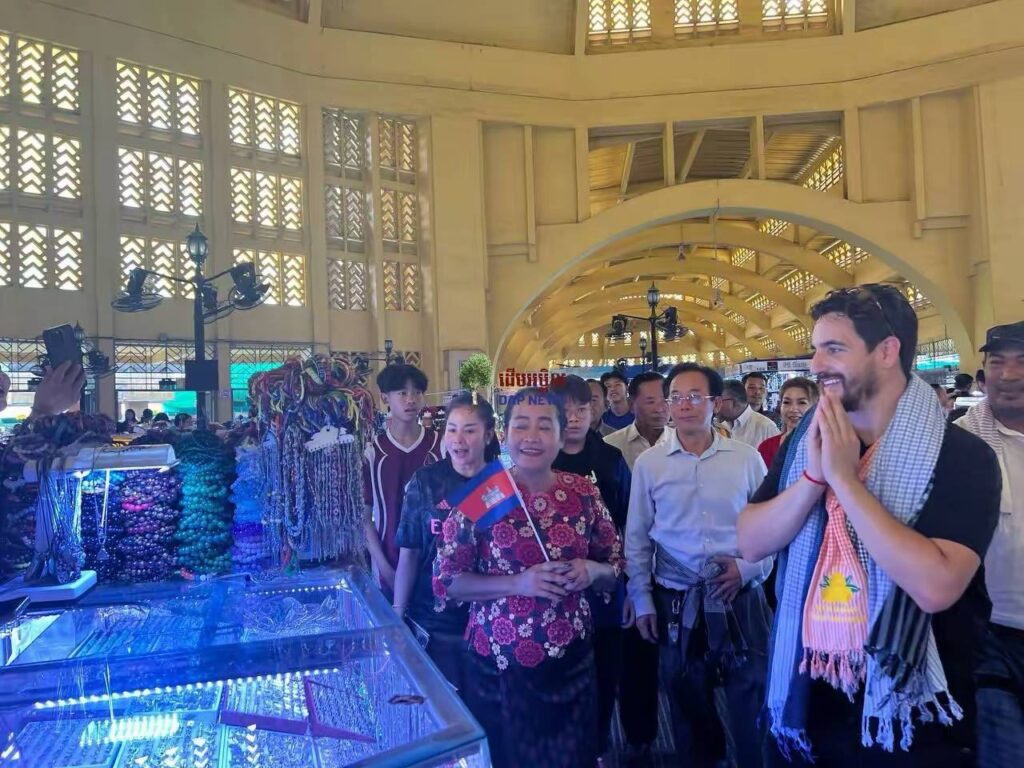
At the center of it are two men with deep Illinois ties: Gary Franchi, Chief White House Correspondent for the Elgin-based Next News Network, and Michael B. Alfaro, who lived in Illinois for a decade and served as the 2020 Illinois Chair for the Trump Victory Finance Committee. Together, their work has exposed a crisis that much of the mainstream press ignored, a crisis that has now triggered both diplomatic fallout and an extraordinary nomination of President Trump for the Nobel Peace Prize.
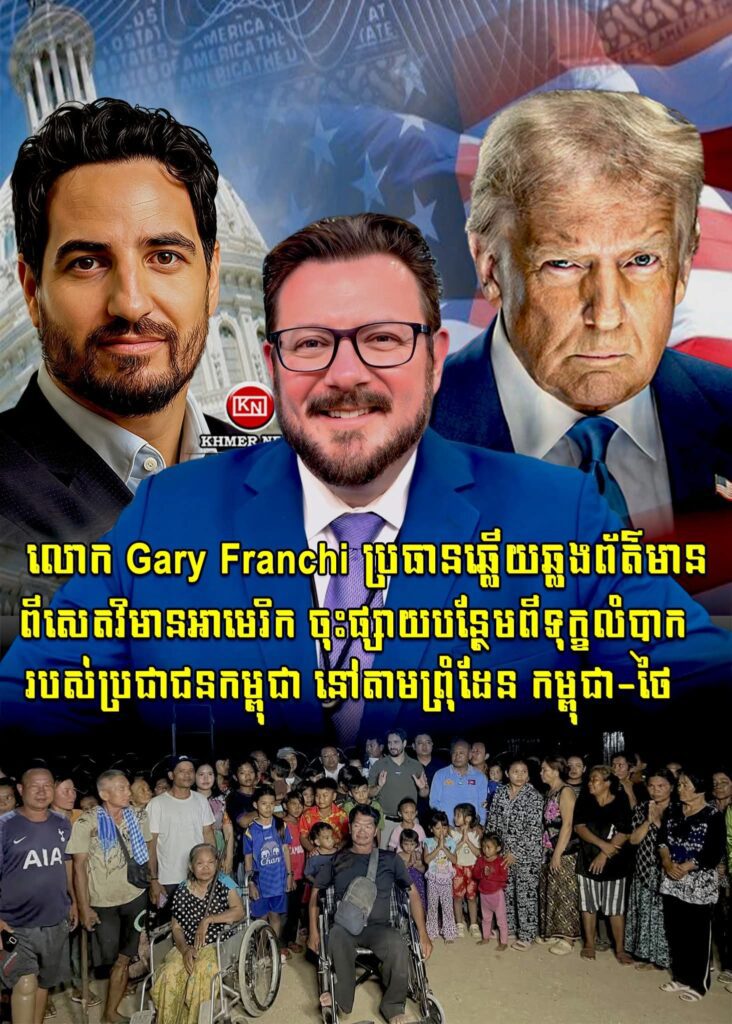
Earlier this month, Alfaro traveled to Cambodia during a fragile ceasefire between Cambodia and Thailand. His mission was simple but dangerous: to bear witness. On the ground, he met with senior Cambodian leaders, including Deputy Prime Minister Sun Chanthol and Tourism Minister Huot Hak, and spoke directly by phone with Prime Minister Hun Manet and First Lady Pich Chanmony. Then, with little more than a camera and conviction, Alfaro went to the border. In the rain and the dark, he livestreamed scenes of barbed wire fences cutting through Cambodian soil, families forced to live under plastic tents, schools and temples reduced to rubble, and the most damning revelation of all — the capture of 18 Cambodian soldiers who remain in Thai custody to this day after being lured into a false “peace” meeting.
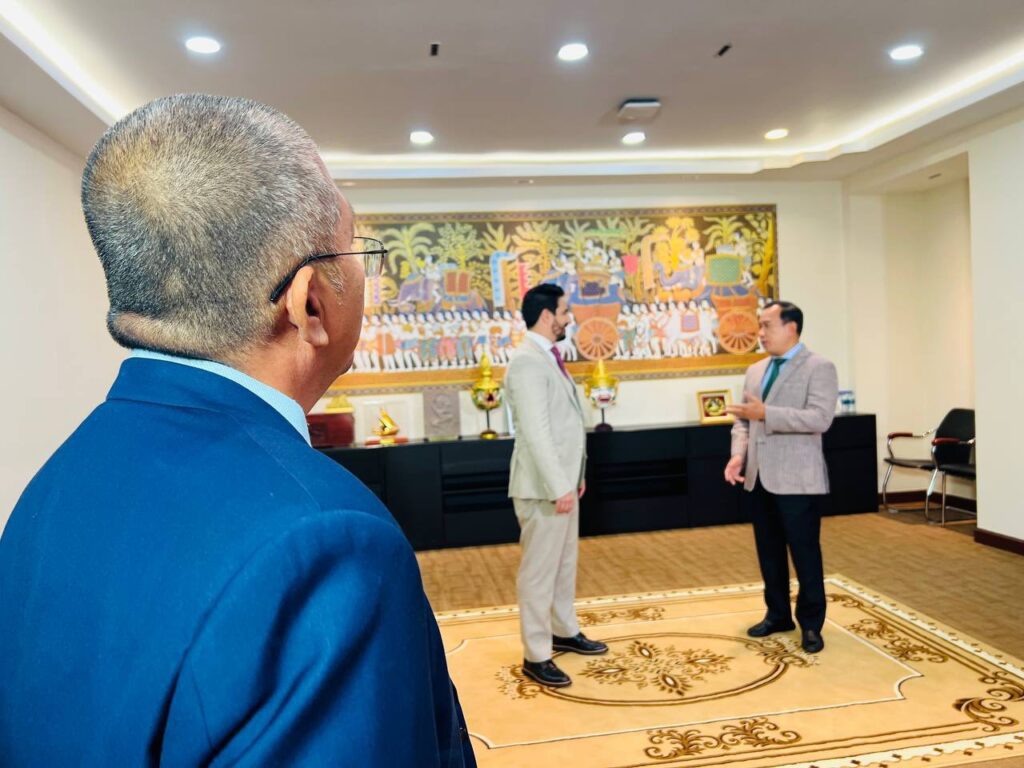
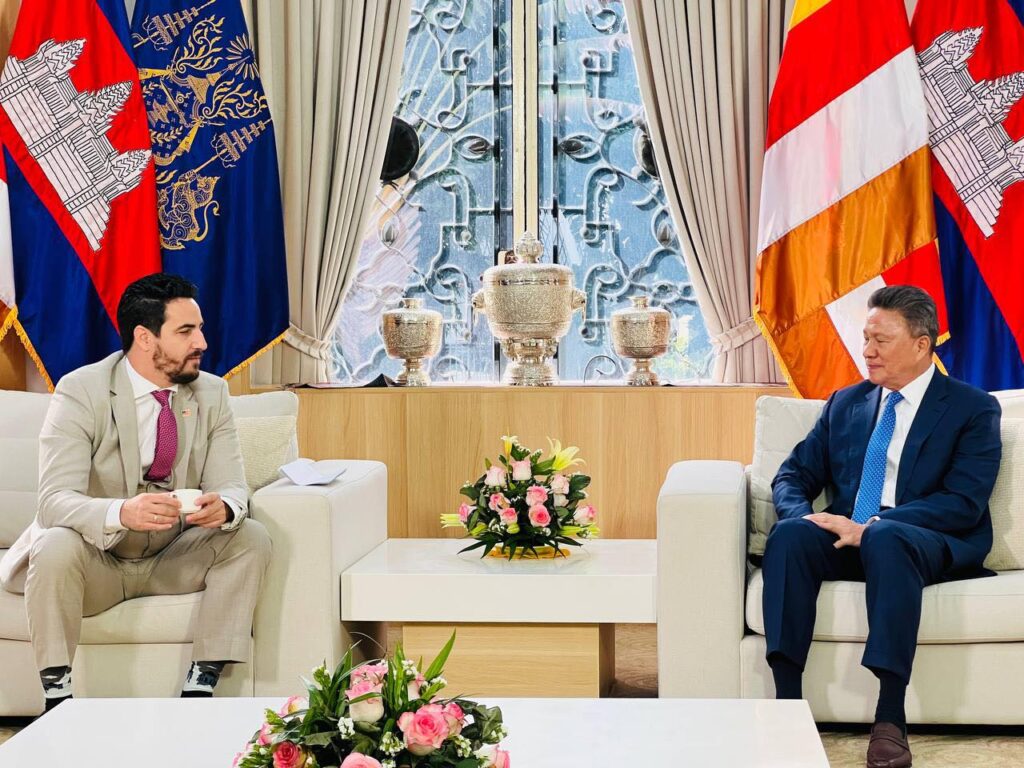
That livestream exploded online, drawing more than 9 million views in a single hour and spreading across Asian networks to a total audience estimated in the tens of millions. The world was suddenly watching what officials had quietly preferred to bury. From Illinois, Franchi amplified Alfaro’s findings to Next News Network’s global audience, connecting the images on the ground to the broader diplomatic implications and demanding accountability. The impact was immediate.
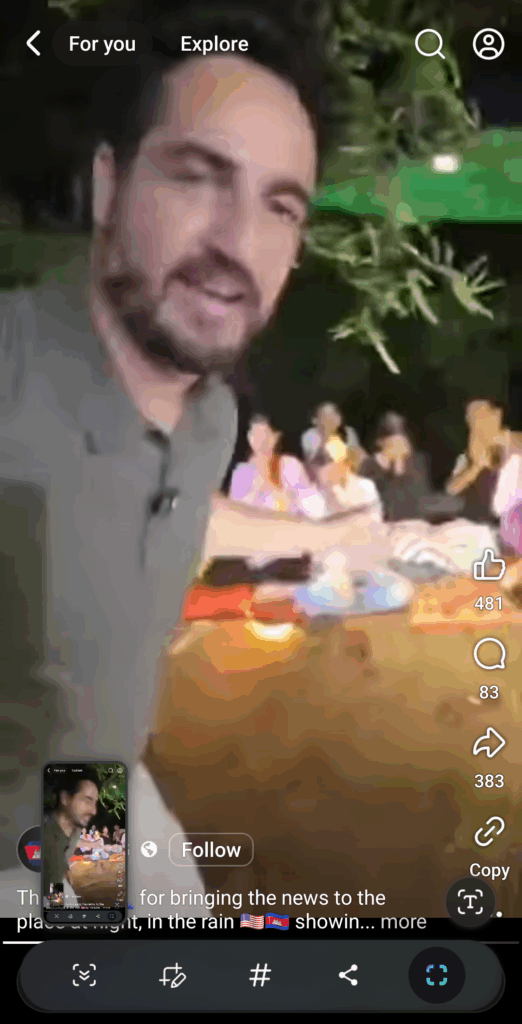
Within hours, President Trump was briefed on Alfaro’s footage. His response was swift and unambiguous: Cambodia and Thailand were to sit down for urgent peace talks or face U.S. withdrawal and tariffs. The ultimatum cut through years of political posturing. Almost immediately, Cambodia confirmed that both nations would hold their first peace talks since the recent border clashes reignited. In a world often paralyzed by bureaucracy and endless statements of concern, here was action, and it came because two Illinois-connected figures had refused to let the story die in the shadows.
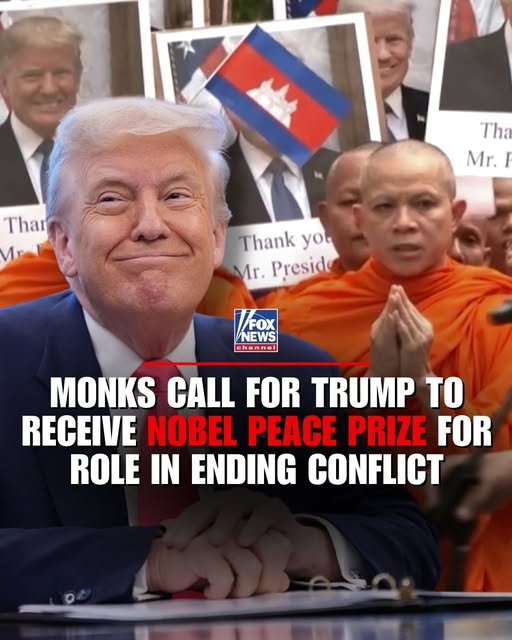
But with success came backlash. The Thai army, backed by sympathetic left-wing reporters, launched a coordinated smear campaign to try to discredit the reporting. They falsely labeled Alfaro a paid Cambodian lobbyist and dismissed Franchi as “just a YouTuber.” When the smears failed to stem the rising tide of attention, Thailand escalated further by blacklisting Alfaro entirely and naming Franchi directly as a target of their ire. It was an unmistakable message: they feared the truth, and their solution was to silence the messengers.
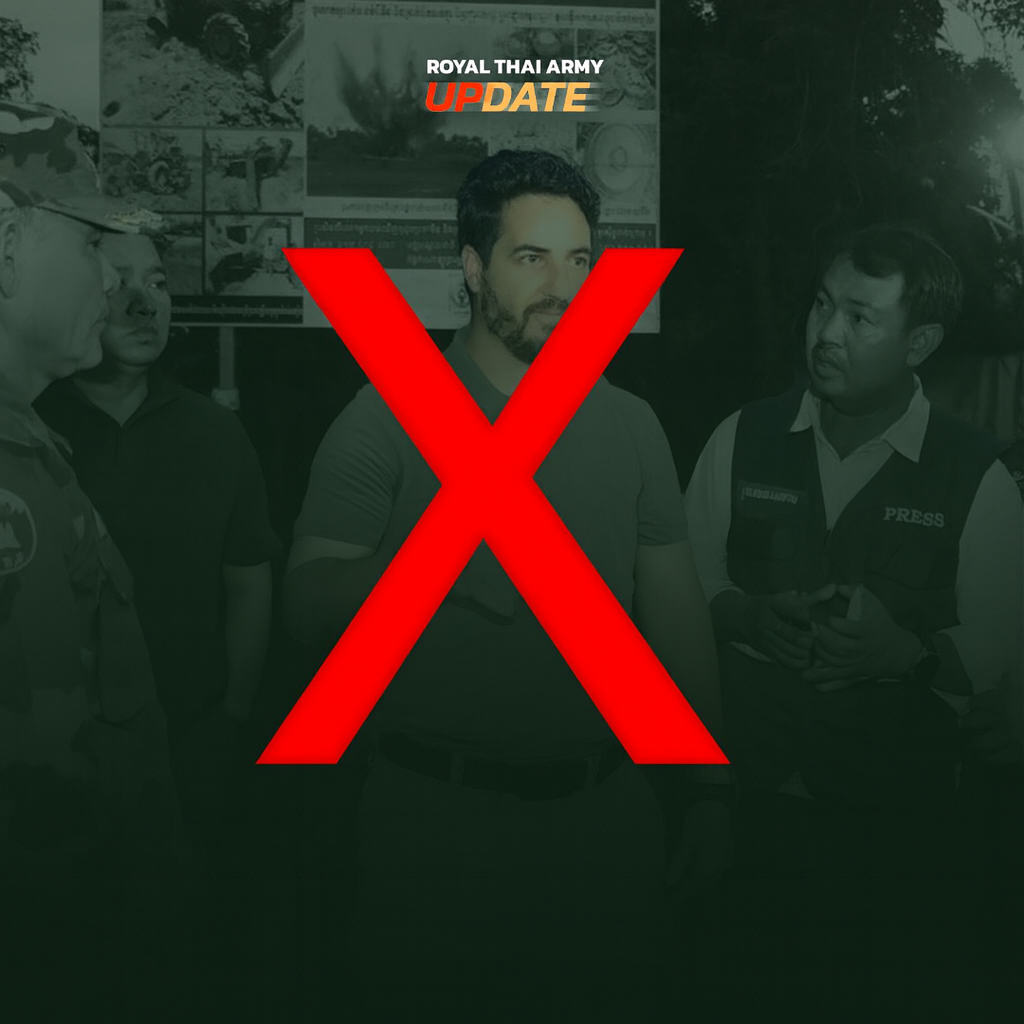
Yet the momentum could not be stopped. The Cambodian-American community rallied in support. Leaders such as Seyha Thach, President of the Cambodian Association of North Carolina, publicly praised Alfaro’s bravery and Franchi’s platform, announcing plans for a September ceremony to present both men with a Champion Trophy for their role in exposing Thai aggression and amplifying Cambodia’s plight. And in a historic move, 70,000 Cambodian Buddhist monks nominated President Trump for the Nobel Peace Prize, citing his role in bringing an end to the border conflict. It was a moment few could have imagined only weeks earlier, and it grew directly out of the work begun in Illinois.
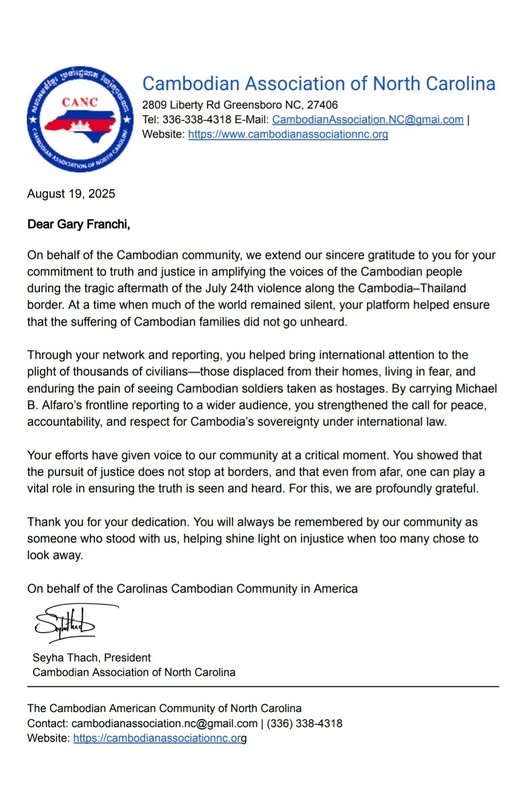
For Franchi, the story is personal. From his base in Elgin, he has built Next News Network into one of the most widely-viewed independent outlets in the country, known for hard-hitting reports and on-the-ground truth-telling. He has reported from the White House press room and at NATO, but he describes his guiding principle not as access or prestige but as something far simpler: “I only do what I know is right in my heart, and that is to right the wrongs I see.” For Alfaro, the mission is equally personal. Having spent years in Illinois politics and fundraising before moving to a larger national role, he viewed Cambodia not as a career move but as a calling — to go where others would not, to show what others refused to see, and to stand with a people who had endured genocide, displacement, and betrayal.
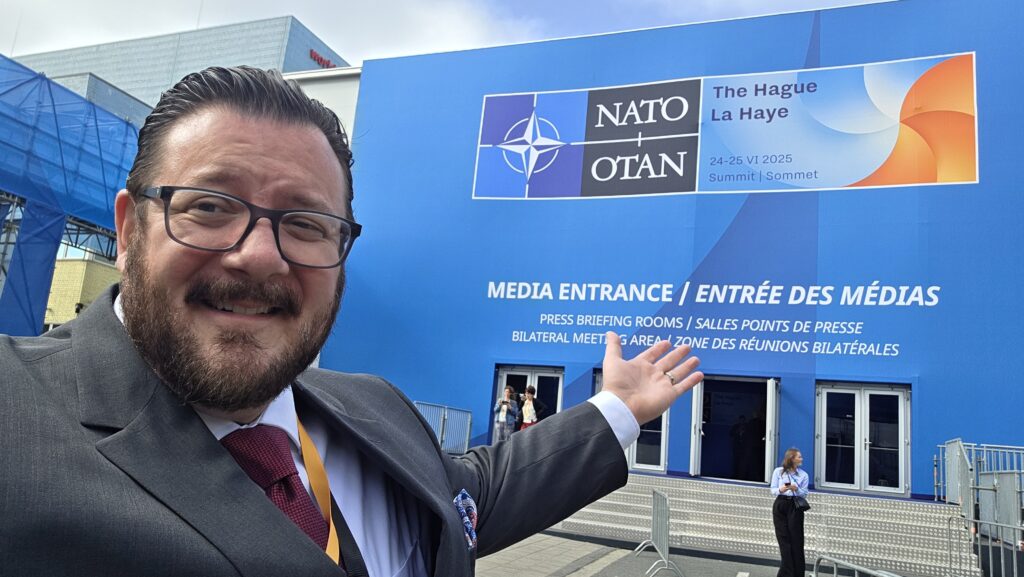
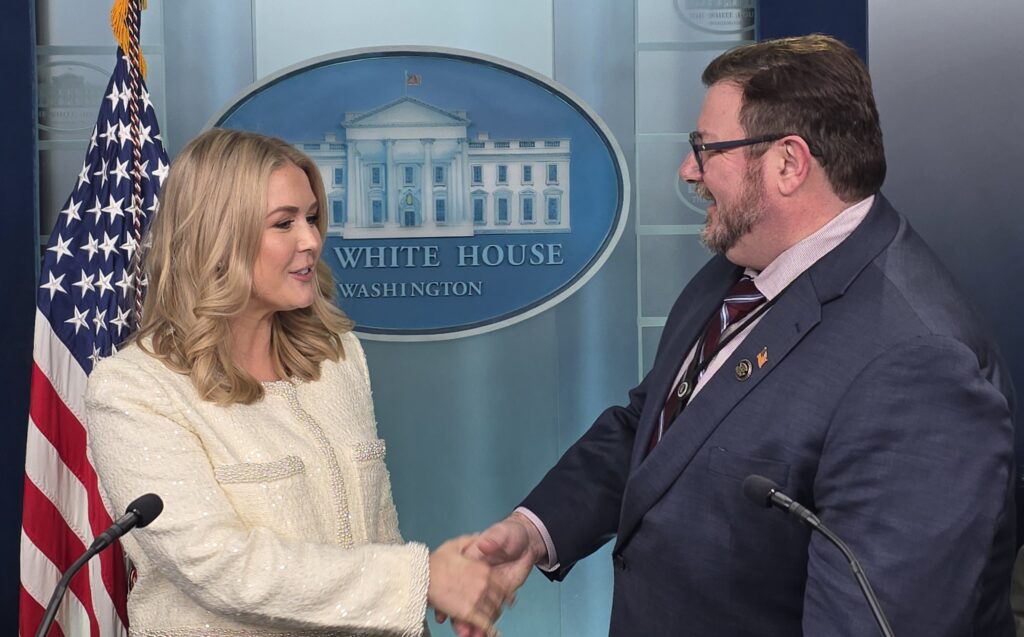
And yet, despite Trump’s intervention and despite the Nobel nomination, one fact looms over the entire story: Thailand still holds 18 Cambodian soldiers in custody. Their continued detention is a direct violation of Trump’s ceasefire order and a dangerous provocation that could undo the fragile progress that has been made. Until those soldiers are freed, the crisis cannot truly be called resolved.
Illinois has long been a stage for national politics, but rarely has its influence been felt so directly on the other side of the globe. From an Elgin newsroom to the Cambodian frontier, from a livestream seen by millions to a letter of recognition from Cambodian communities in America, Gary Franchi and Michael Alfaro have shown what two determined voices can accomplish when others look away. They may be blacklisted in Thailand, but they are being honored by Cambodians at home and abroad. And in their wake, the world is now talking about peace where once there was only silence.
History is not only being written in Washington or Phnom Penh. It is being written here, too, by Illinoisans who refused to stay silent.


